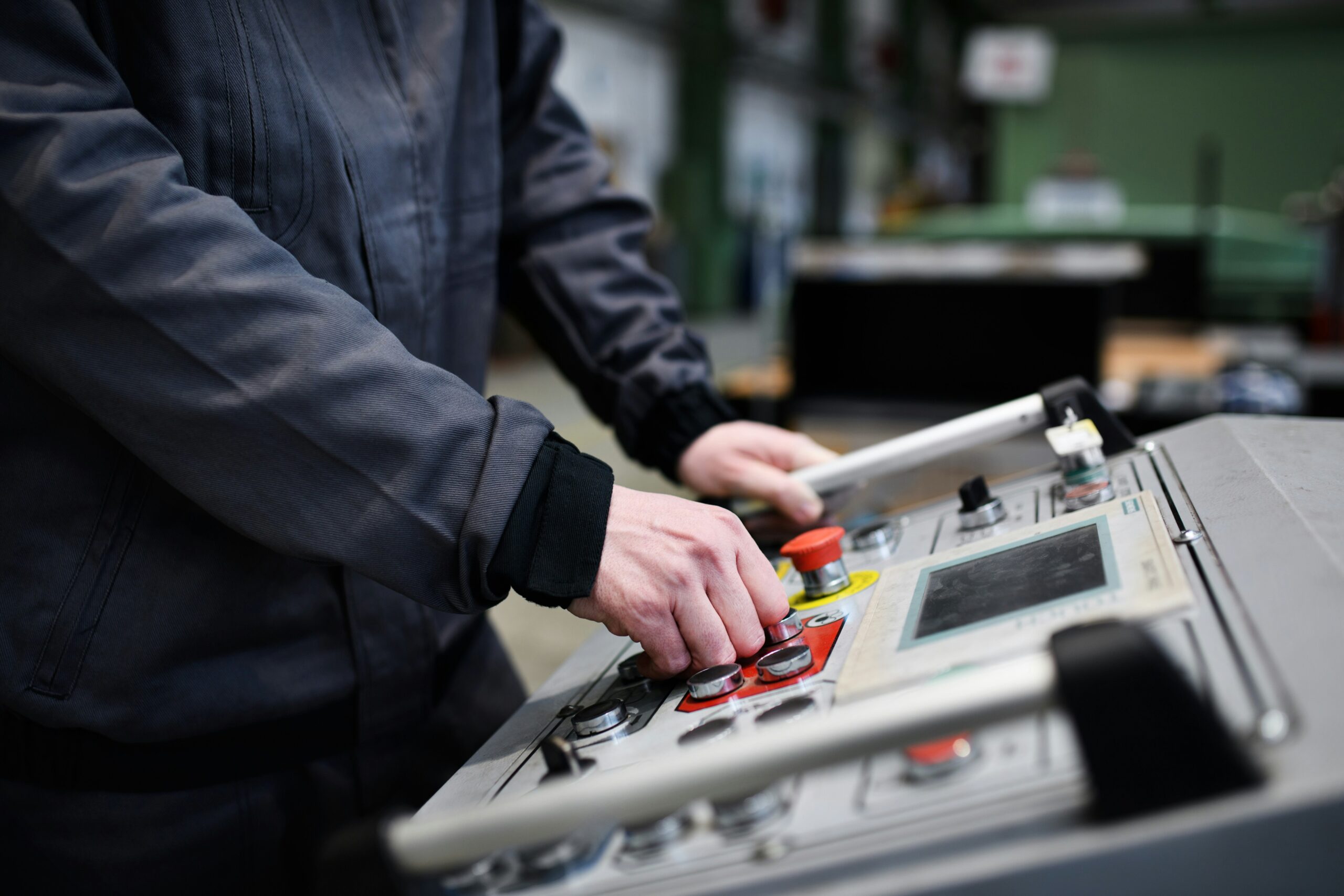
Control engineering, a pivotal field within engineering, has evolved dramatically since its inception. This discipline focuses on designing and managing systems that behave predictably and efficiently. From the early mechanical systems to the sophisticated digital controls of today, the field has witnessed significant advancements driven by technological innovation and the increasing complexity of industrial processes. This article explores the historical development, technological advancements, current trends, and future directions of control engineering.
Historical Development
The roots of control engineering can be traced back to ancient times when basic feedback mechanisms were used in water clocks and windmills. However, the formal development of control theory began in the 19th century during the Industrial Revolution. The need to regulate steam engines and other industrial machinery spurred the creation of early control devices, such as governors and flyball mechanisms, which helped maintain a constant engine speed despite varying loads.
The advent of electrical and electronic systems marked a significant leap forward in the early 20th century. The development of the vacuum tube allowed for the creation of more complex control systems, enabling more precise regulation of industrial processes. The field further expanded with feedback control theory, pioneered by engineers such as Harold Black and Harry Nyquist. Their work laid the groundwork for modern control systems by formalizing the principles of stability and feedback.
Technological Advancements
The mid-20th century saw the advent of digital technology, which revolutionized control engineering. The invention of the transistor and the development of digital computers enabled the design of more sophisticated and reliable control systems. Digital control systems offered greater precision, flexibility, and the ability to handle complex algorithms previously impossible with analog systems.
Another landmark advancement was the introduction of programmable logic controllers (PLCs) in the 1960s. PLCs provided a versatile and reliable means of automating industrial processes, replacing the need for hard-wired relay systems. They allowed engineers to implement complex control strategies through software, significantly reducing the time and cost of designing and modifying control systems.
The development of advanced sensors and actuators has also played a crucial role in the evolution of control engineering. Modern sensors can measure various physical parameters with high accuracy and reliability, while advanced actuators can execute precise control actions. These technologies have enabled the implementation of more sophisticated control strategies, enhancing the performance and efficiency of industrial processes.
Current Trends
Today, control engineering is at the forefront of technological innovation, driven by the demands of Industry 4.0 and the Industrial Internet of Things (IIoT). These trends emphasize connectivity, data analytics, and intelligent automation, transforming control systems design and operation.
Integrating artificial intelligence (AI) and machine learning into control systems is a significant trend. AI algorithms can analyze vast amounts of data from sensors and other sources, identifying patterns and optimizing control strategies in real time. This capability enables predictive maintenance, identifying and addressing potential issues before they cause system failures, improving reliability, and reducing downtime.
Another trend is the use of model predictive control (MPC) techniques. MPC involves creating mathematical models of the system being controlled and using these models to predict future behavior. By optimizing control actions based on these predictions, MPC can achieve superior performance compared to traditional control methods. This approach is particularly useful in complex, multivariable systems where variable interactions must be carefully managed.
Another significant trend is the rise of cyber-physical systems (CPS), which integrate physical processes with computation and communication. In control engineering, CPS enables the development of more resilient and adaptive control systems. They can dynamically respond to changes in environmental and system conditions, improving performance and robustness.
Future Directions
Control engineering is poised for further evolution as emerging technologies and new challenges shape the field. One promising direction is the development of autonomous systems. Autonomous vehicles, drones, and robots rely heavily on advanced control systems to navigate and perform tasks independently. The continued advancement of AI, sensors, and communication technologies will drive the development of more capable and reliable autonomous systems.
Sustainability is another critical area in which control engineering will play a vital role. As industries and societies strive to reduce their environmental impact, efficient control systems will be essential for optimizing energy use, minimizing waste, and integrating renewable energy sources. Advanced control strategies, such as those used in smart grids and energy management systems, will be crucial for achieving these sustainability goals.
The field of biomedical engineering also offers exciting opportunities for control engineers. Developing control systems for medical devices, such as prosthetics, implants, and diagnostic equipment, requires a deep understanding of engineering and human physiology. As medical technology advances, control engineering will be instrumental in creating innovative solutions that improve patient outcomes and quality of life.
Challenges and Opportunities
While the evolution of control engineering offers numerous opportunities, it also presents several challenges. One significant challenge is the increasing complexity of modern control systems. As systems become more interconnected and data-driven, ensuring their reliability, security, and performance becomes more difficult. Control engineers must develop new methodologies and tools to address these challenges.
Another challenge is the need for interdisciplinary collaboration. Controls engineering intersects with various fields, including computer science, electrical engineering, mechanical engineering, and data science. Effective collaboration across these disciplines is essential for developing innovative solutions and advancing the field.
Despite these challenges, the future of control engineering is bright, with ample opportunities for innovation and impact. As technology advances and new challenges emerge, control engineers will play a crucial role in shaping the future of industry and society.
The evolution of control engineering from its early mechanical roots to the sophisticated digital systems of today highlights the field’s dynamic and innovative nature. Technological advancements, current trends, and future directions all point to the critical role that control engineers will continue to play in driving progress and addressing global challenges. By embracing new technologies and fostering interdisciplinary collaboration, control engineers can achieve excellence and make a lasting impact in their field.